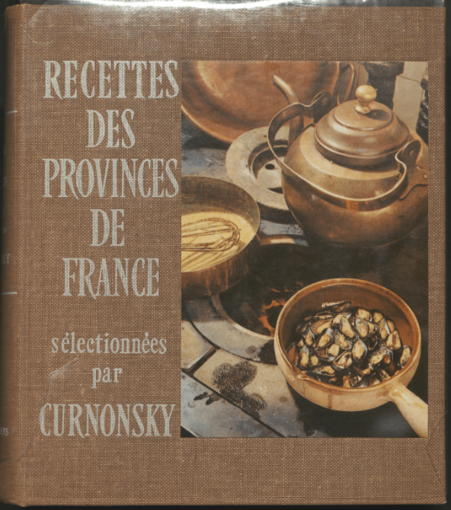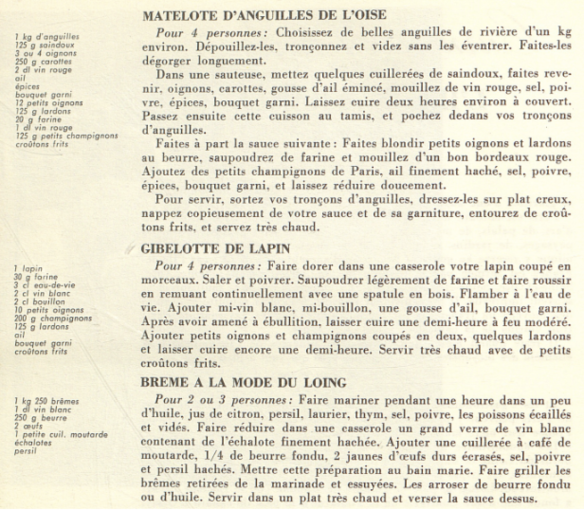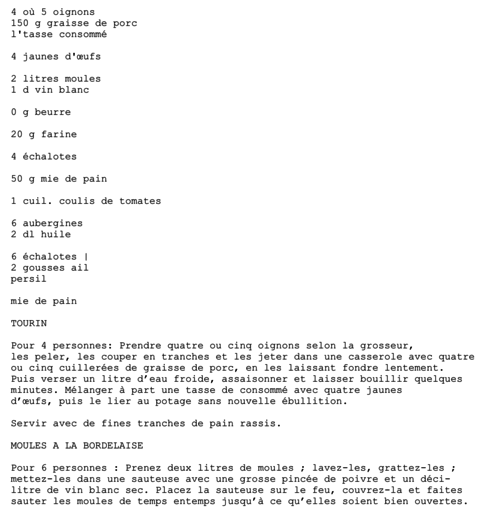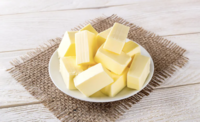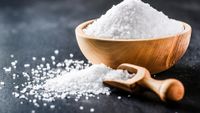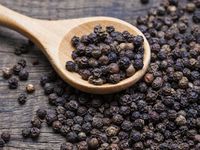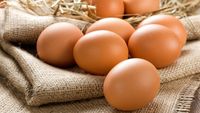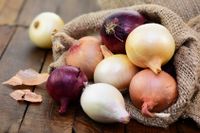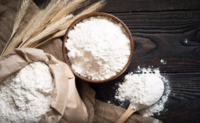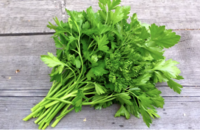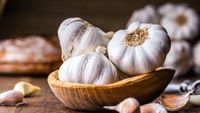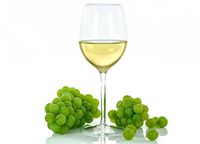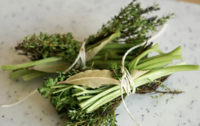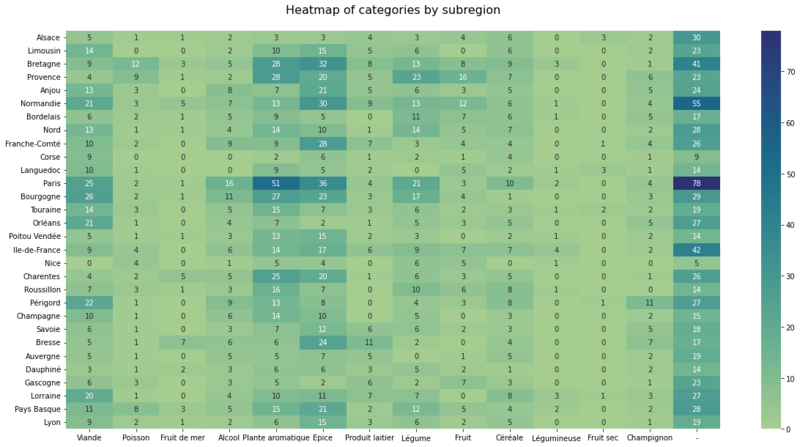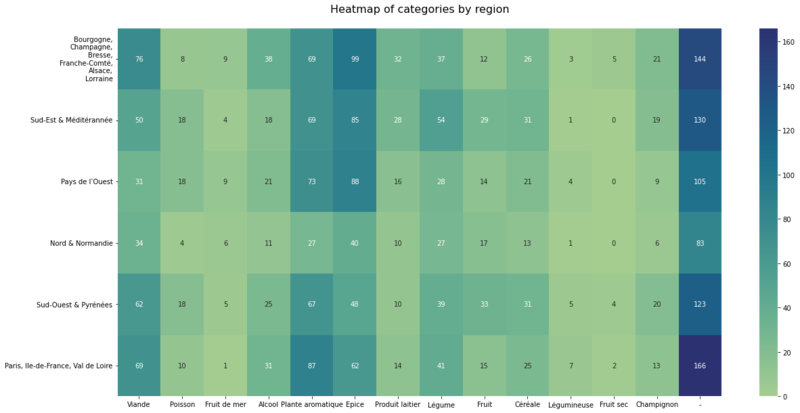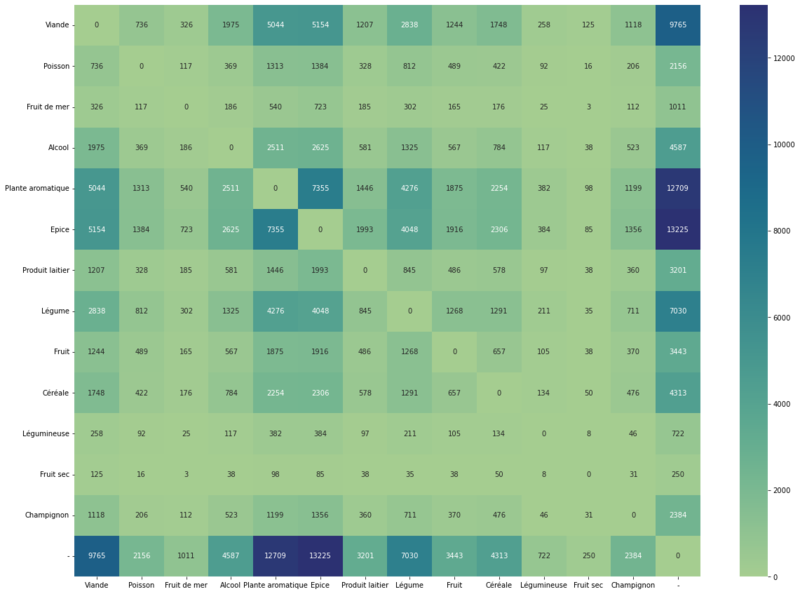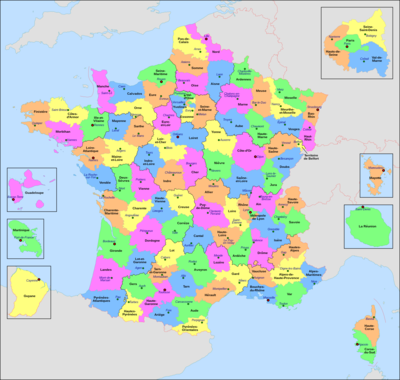France: Exploring Historical Cookbooks: Difference between revisions
Xiaotian.su (talk | contribs) |
Xiaotian.su (talk | contribs) |
||
| Line 221: | Line 221: | ||
|} | |} | ||
==Data analysis== | |||
We have a total of 352 different recipes from 30 regions, 6 subregions. | We have a total of 352 different recipes from 30 regions, 6 subregions. | ||
| Line 283: | Line 283: | ||
| [[File:Bouquet_garni.png|200px|center]] | | [[File:Bouquet_garni.png|200px|center]] | ||
|} | |} | ||
• Explaining the analysis process | |||
• Overall analysis (with a reference to top 10 most used ingredients) | |||
• Speaking about per region analysis (refering to the heatmap) | |||
• Speaking about per subregion analysis (refering about the heatmap) | |||
• Speaking about co-occurences of ingredient (separately) | |||
===Data visualization=== | ===Data visualization=== | ||
Revision as of 21:29, 21 December 2022
Introduction
This project is an exploration of historical French cookbooks containing recipes from the 19th century. Through analyzing these cookbooks, we explore the most frequently used ingredients and food categories by region. We also examine the cooccurrence of ingredients and food categories.
Research questions
1. What were the main ingredients used in 1900 in France?
2. Can we observe a difference per region?
Project Plan and Milestones
| Date | Tasks | Completion |
|---|---|---|
| Week 3 |
Milestone 1: Project proposals |
✓ |
| Week 4 |
|
✓ |
| Week 5 |
|
✓ |
| Week 6-7 |
|
✓ |
| Week 8-9 |
Milestone 2: Midterm presentation |
✓ |
| Week 10 |
|
✓ |
| Week 11 |
|
✓ |
| Week 12 |
|
✓ |
| Week 13 |
|
✓ |
| Week 14 |
Milestone 3: Final presentation |
✓ |
Methodology
Data digitalization
For a start, we scanned a physical French cookbook. This one is from the 19th century and has ingredients listed on the margin of the page.
Then we did a basic OCR for the scanned files. Here is a sample output from OCR. It is noticeable that there is a mismatch between recipes and ingredients.
Data processing
In our project, we will extract and construct the following information from the recipes:
- quantity: the amount of the ingredient
- unit: the metric of the ingredient
- ingredient: the entity appeared in the recipes
- category: the major category the ingredient belongs to
Units
| Type | Unit |
|---|---|
| Spoons | cuil. à café, cuil. café, cuil. à soupe, cuil. soupe, petite cuil., grande cuil., cuil. |
| Glasses | petit verre, verre à liqueur, verres à liqueur, verres, verre, tasses, tasse |
| Bottles | bout., bouteilles, bouteille |
| Containers | g rande boîte, boîtes, boîte, tubes, tube |
| Spices & Aromatic plants | gousses, gousse, branches, branche, bâtons, bâton, pincée |
| Meat related | membres, membre, tronçons, tronçon, tranches, tranche |
| Standard measures | litres , litre , cl , dl , kg , g, l |
Categories
We map different ingredients to several major categories
| Category | Ingredient |
|---|---|
| Viande | viande, oie, canard, oiseau, lard, bœuf, veau, poule, poulet, poularde, volaille, porc, caille, canard, caneton, mouton, cochon, coq, chevreuil, lièvre, levraut, lapin, faisan, gibier, jambon, chorizo, cervelas, agneau, escargot, grenouille |
| Poisson | poisson, brochet, carpe, morue, lamproie, lotte, maquereau, omble, rouget, sardine, thon, truite, anchois, anguille, merlan, sole, barbue, turbot, raie, perche, saumon, colin, goujon, loup, congre, rascasse, grondin, merlu, merluza, hareng, alose, brême |
| Fruit de mer | crevette, langouste, moule, écrevisse, palourde, homard, chiperon, seiche, huître, coquille, poulpe |
| Alcool | alcool, bière, vin, cidre, fine, liqueur |
| Plante aromatique | bouquet garni, ail, anis, aromate, angélique, basilic, persil, sarriette, cerfeuil, ciboule, ciboulette, clou de girofle, clous de girofle, girofle, cive, câpre, estragon, feuille de vigne, fines herbes, laurier, menthe, pissenlit, romarin, thym |
| Epice | cannelle, coriandre, curry, safran, poivre, sel, moutarde, muscade, paprika, piment, sauge, serpolet, épices |
| Produit laitier | lait, crème, fromage, gruyère, parmesan |
| Légume | artichaut, asperge, aubergine, bette, betterave, cardon, chou, cornichon, courgette, cresson, céleri, fenouil, légume, navet, panais, poireau, pomme de terre, pommes de terre, potiron, rave, salade, tomate, échalote, épinard |
| Fruit | abricot, banane, cerise, coing, fraise, framboise, groseille, raisin, olive, orange, pomme |
| Agrume | citron, cédrat, fleur d'oranger, fleurs d'oranger |
| Céréale | farine, pain, pâte, riz |
| Légumineuse | févette, haricot, pois |
| Fruit sec | amande, noix, noisette |
| Champignon | champignon, truffe, cèpe, girofle, morille, levure, oronge, duelle |
Region
We map subregions to 6 major regions in 19th-century France.
| Region | Subregion |
|---|---|
| Paris, Ile-de-France, Val de Loire | Paris, Ile-de-France, Orléans, Touraine |
| Pays de l’Ouest | Anjou, Bretagne, Poitou Vendée, Charentes |
| Sud-Ouest & Pyrénées | Bordelais, Gascogne, Pays Basque, Roussillon, Périgord, Languedoc' |
| Sud-Est & Méditérannée | Provence, Nice, Corse, Dauphiné, Savoie, Lyon, Auvergne, Limousin |
| Bourgogne, Champagne, Bresse, Franche-Comté, Alsace, Lorraine | Bourgogne, Champagne, Bresse, Franche-Comté, Alsace, Lorraine |
| Nord & Normandie | Nord, Normandie |
Data analysis
We have a total of 352 different recipes from 30 regions, 6 subregions.
Top 10 most used ingredients.
| Rank | Ingredient | Number of occurrences | Picture |
|---|---|---|---|
| 1) | Beurre | 180 | |
| 2) | Sel | 167 | |
| 3) | Poivre | 146 | |
| 4) | Œufs | 101 | |
| 5) | Oignons | 95 | |
| 6) | Farine | 89 | |
| 7) | Persil | 82 | |
| 8) | Ail | 76 | |
| 9) | Vin balanc | 69 | |
| 10) | Bouquet garni | 46 |
• Explaining the analysis process • Overall analysis (with a reference to top 10 most used ingredients) • Speaking about per region analysis (refering to the heatmap) • Speaking about per subregion analysis (refering about the heatmap) • Speaking about co-occurences of ingredient (separately)
Data visualization
Discussion and limitations
Like many other research, this project has its limitations. For example, in the data analysis part, it was a roughly count of categories and we did not take quantity into account.
Future work
- Build a search engine that would display the recipes and add filters to search them by name, region or ingredients
- User-friendly interface to visualize the results of the analysis
- Comparison with other cookbooks from different periods or different countries
